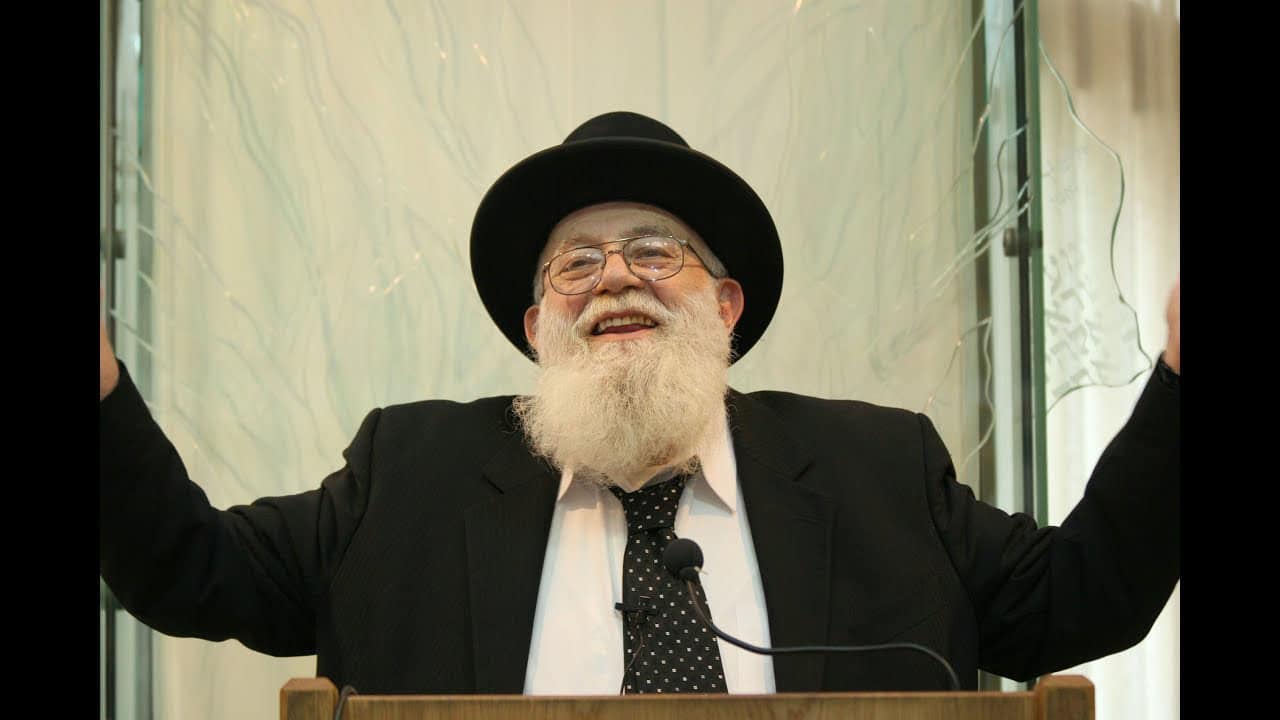 Rabbi Noach Weinberg (Screenshot from YouTube)
Rabbi Noach Weinberg (Screenshot from YouTube) Rabbi Noach Weinberg never let failure deter him. Before he founded Aish HaTorah in 1974 as a yeshiva tailored for unaffiliated Jews, he had launched half a dozen others. They all failed.
Most Orthodox rabbis thought that Rabbi Weinberg was tilting at windmills, pursuing an impossible dream. Secularism was winning the day. Assimilation and intermarriage seemed unstoppable. The only other leading figure in the Orthodox world working the kiruv (outreach) circuit was the Lubavitcher Rebbe, who sent young couples to Jewishly-starved communities around the world. Rabbi Weinberg knew that if he wanted to achieve his goal badly enough, the Almighty would help him succeed.
He proved the naysayers wrong, eventually growing Aish HaTorah into an international organization with 35 branches on five continents. And on January 24 (11 Shvat), a live Zoom event, co-sponsored by Aish HaTorah and AJOP (Association for Jewish Outreach Professionals), commemorated the rabbi’s twelfth yartzeit. Aish HaTorah leaders and viewers shared Rabbi Weinberg’s impact on their lives.
Having been privileged to meet the Rav several times, I could only affirm what others recalled: He was a “gentle giant,” charismatic, warm, indefatigable, passionate, visionary and fearlessly blunt.
“What are you really living for?” he famously challenged every student. When they listed goals such as college, career, advanced degree — whatever it was — he’d ask, “Why?” Weinberg wanted students to drill down until they understood that without God and Torah as the foundational purpose behind their actions, nearly every endeavor could lead to disappointment, perhaps even emptiness.
He also told people all the time, “Remember, the Almighty loves you,” with a depth of love in his eyes that will stay with me always. In all my years of energetic synagogue involvement at a Conservative shul and in supplementary Jewish programs, I never heard any teacher or rabbi tell me that God loved me. By contrast, religious Christians fully embrace this idea and repeat it often, though they identity “God” quite differently than we do. Who knows how many Jews have left the religion because they yearned for this emotionally nourishing — and innately Jewish — idea?
Untold thousands of Jews are alive and living a life of Torah today because of Aish HaTorah and Rabbi Weinberg. I am one of those people. Without his influence in my life, I might not have lit Shabbat candles last Friday night. I almost certainly would not have one daughter and three daughters-in-law who all do the same, children whose Torah literacy eclipsed my own by around fifth grade and grandchildren who are all growing up in Torah-observant homes. It is absolutely astonishing.
Untold thousands of Jews are alive and living a life of Torah because of Weinberg.
And, back around 2005, I probably would not have had a guest at our Shabbat table named Gavin Teller, a behavioral therapist who had recently returned from a Young Professionals trip to Israel with Aish HaTorah Los Angeles. At the time, Teller was considering going for a master’s degree in clinical psychology. Intrigued by his experience in Israel, though, he returned to Aish HaTorah in Jerusalem, stayed for six years, and returned to Los Angeles as Rabbi Mordechai Teller. Married and the father of three, Rabbi Teller has been a kiruv rabbi ever since, and in 2017, he became the director of JHubLA, which offers programming, classes and social events for individuals aged 25-40.
Kiruv has changed in some fundamental ways since Rabbi Weinberg began teaching his “48 Ways to Wisdom” series in the mid-1970s. For example, my generation would willingly sign up for a several-day Aish “Discovery” program — or at least one lasting an entire Shabbat. Today, students of Rabbi Teller and his colleagues in kiruv must factor in that people are addicted to social media and counting “likes,” and attention spans have shriveled. While Rabbi Weinberg’s fundamental teachings about Jewish values have not changed, they are repackaged into smaller, bite-sized portions.
“People still yearn for truth, but they also want to be connected to something beyond themselves, to a community, to a purpose,” Rabbi Teller told me in an interview. “People still want to know, why am I here? A lot of self-help gurus have elevated the idea of self-awareness and self-growth, but self-awareness can quickly become self-absorption. I tell students, sure, self-awareness is important, but it needs to be rooted into something bigger. Realize you have a special talent and a special gift that was given to you by God. Tap into that thing that is beyond you and bigger than you.”
Teller also observes that the age when young adults often start focusing on the “big questions” of life has been pushed back from about 25 to now 30 or older. “By that point, they’ve swiped left, swiped right; it’s getting old,” Rabbi Teller observes. He also notes the greater tendency today for people to blame external sources for disappointments and unhappiness. In 2020, he emphasized to his students that despite a global pandemic, they could still take responsibility for their lives “and make something incredible happen.”
Rabbi Weinberg used to say, “Life is for pleasure, not for comfort,” and one of his most innovative creations was the 5 Levels of Pleasure series, which later grew into the book, “What the Angel Taught You: Seven Keys to Life Fulfillment,” which he co-authored with Yaakov Salomon. Rabbi Teller often recommends this book to students, because it changed his life. “That book opened my eyes to realizing that I needed to discover my main truths, to know what I really wanted, and to be willing to work passionately to get there. It helped me understand that God really did create us for our pleasure, but the ball was in my court.”
Rabbi Weinberg was bigger than life, his drive to spread the joy and preciousness of Judaism unquenchable. Rabbi Teller, my husband and I and thousands of others like us who were touched by his greatness can only try to continue to pay it forward.
Watch 4-minute video with highlights of some of Rabbi Weinberg’s most memorable teachings or engage with his phenomenally popular series, the “48 Ways to Wisdom,” based on Pirkei Avos, Ethics of the Fathers. It was also adapted into a book.
Judy Gruen is a writer and editor. Her books include “The Skeptic and the Rabbi: Falling in Love with Faith.”








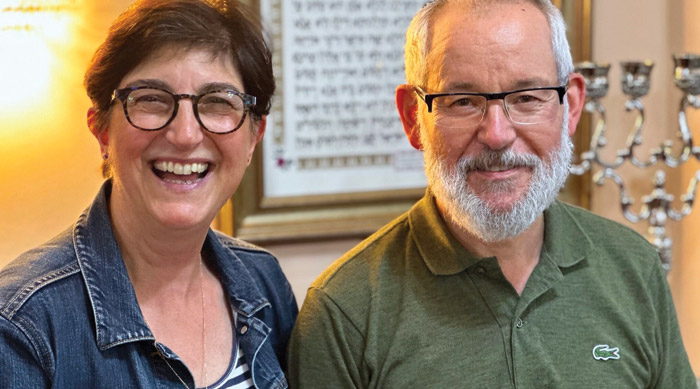


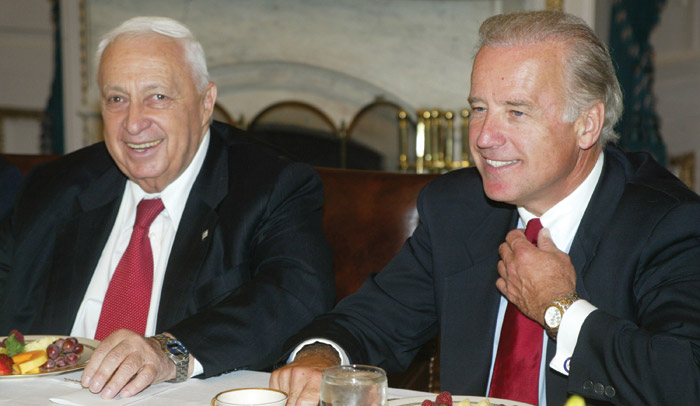
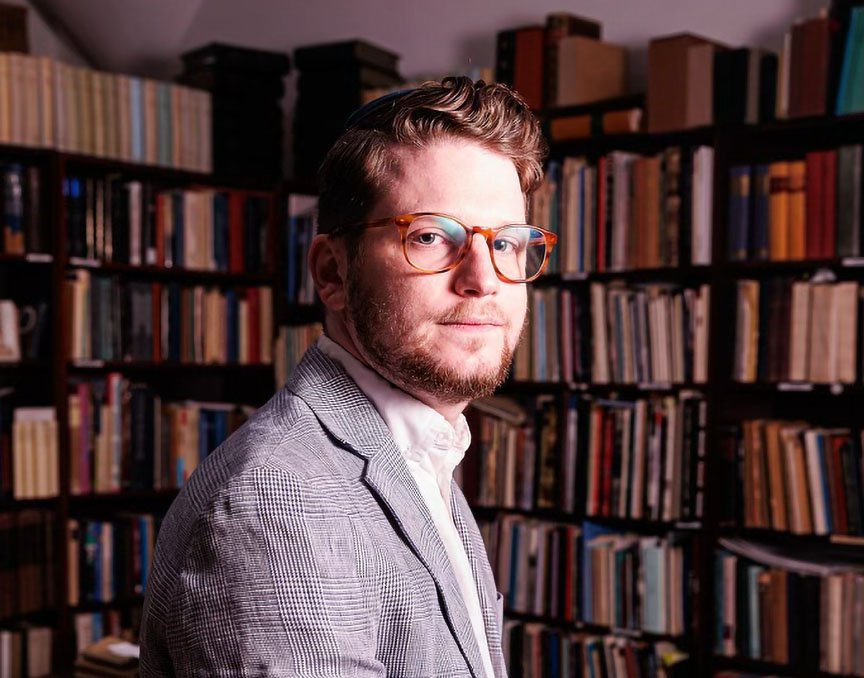



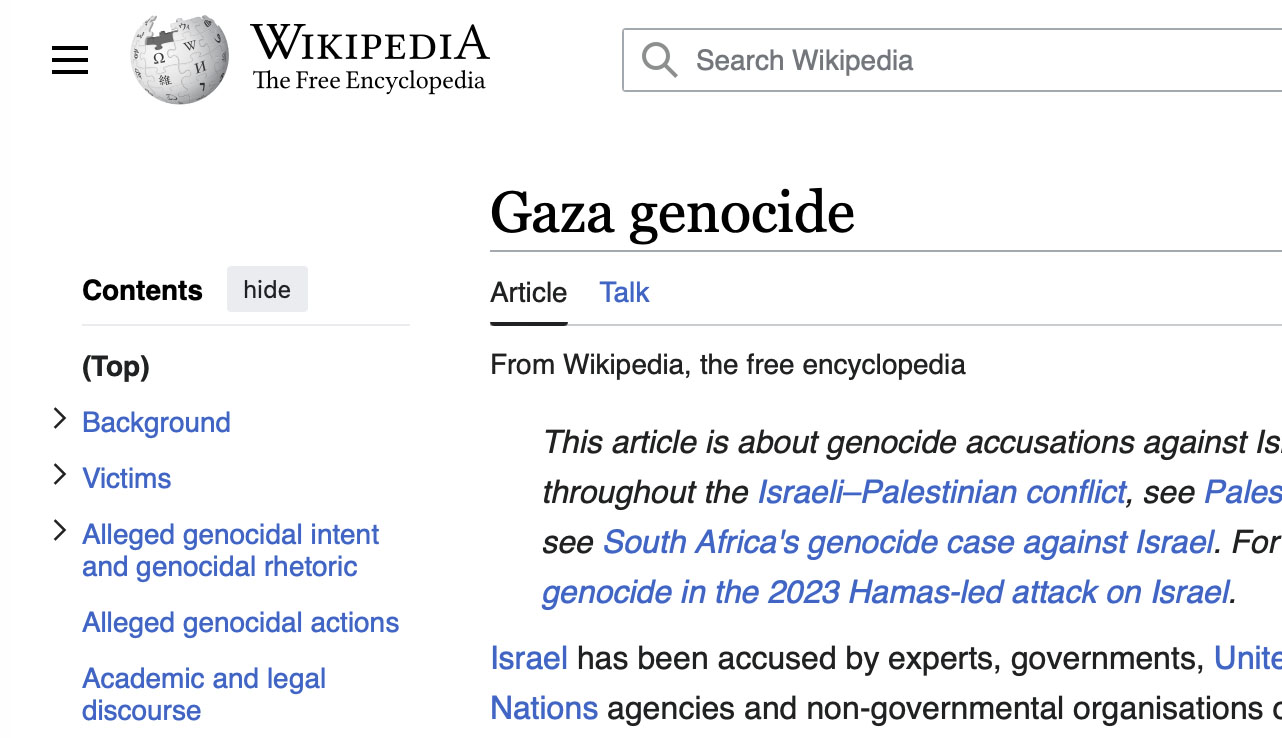



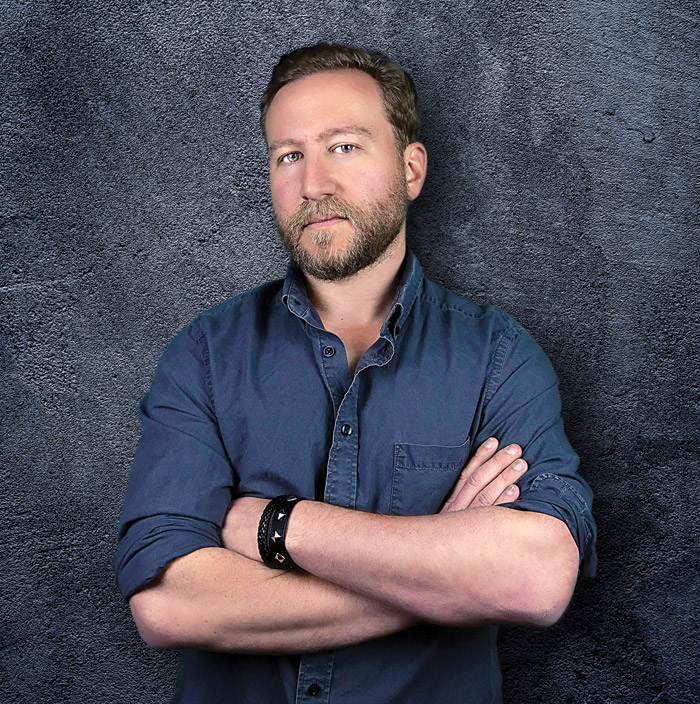

 More news and opinions than at a Shabbat dinner, right in your inbox.
More news and opinions than at a Shabbat dinner, right in your inbox.